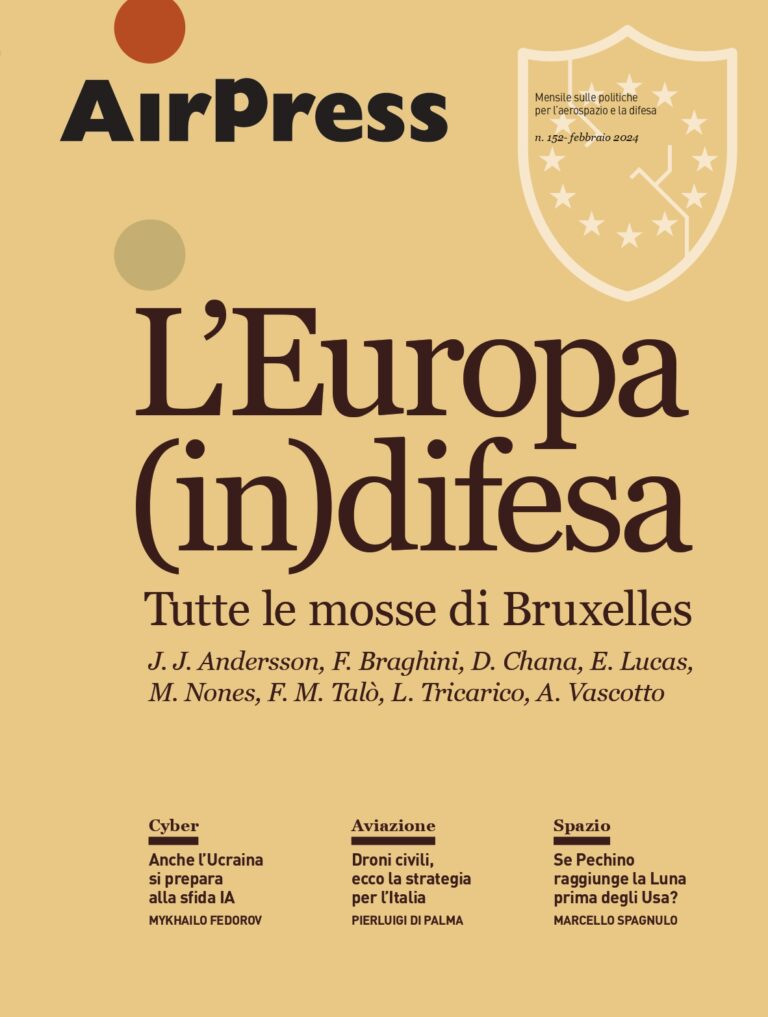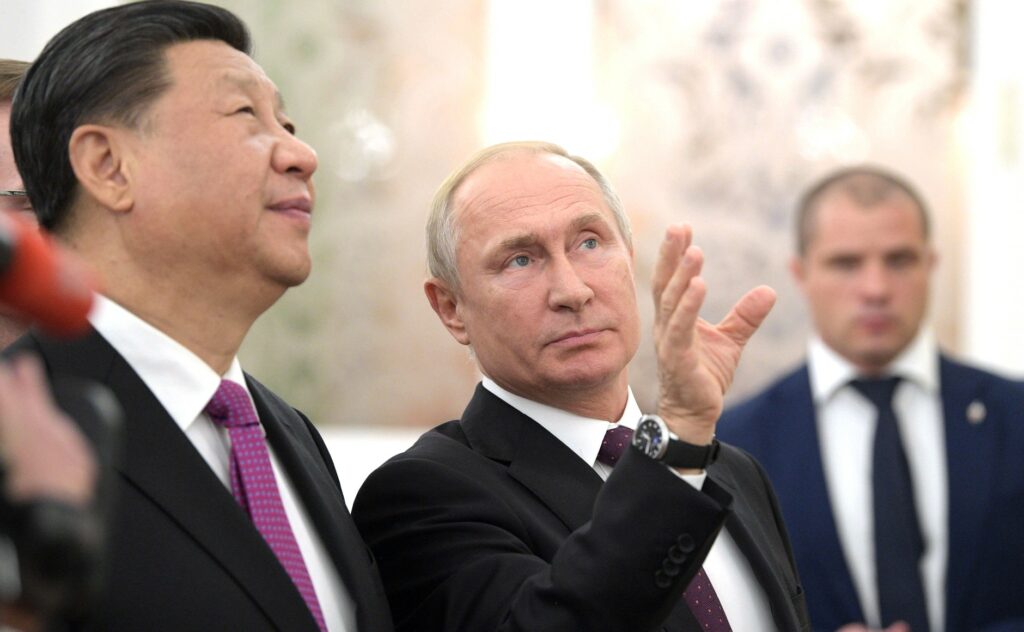Formiche.net accessed a report from the parliamentary security committee mapping the two superpowers’ strategic investments in Italy – and the threat they present
China invests heavily across all sectors in Italy, while Russia focusses on infrastructures and industries linked to national production. Both superpowers wield an increasing amount of influence over the Italian economy.
Formiche.net is able to anticipate a report by COPASIR, the Italian security committee bridging intelligence services and Parliament, that explores pervasive foreign investments – and the threat they present to the Italian system.
Members of COPASIR have warned against unduly foreign influence through strategic investments, a risk worsened by the pandemic-induced economic woes ravaging the already ailing Italian business landscape.
The report also points out how Chinese and Russian actors may conceal themselves “behind international investment funds, asset management companies, Italian and foreign trust companies and finance corporations.”
However, their strategies tend to differ. Data shows that Chinese investors seek to reinvest earnings in Italy instead of sending them back home, while Russian investors usually redirect their earnings to Moscow.
Finally, the report identifies China as the biggest threat in terms of investments and spread, as Russian activity, while significant, cannot compare with the sheer volume of economic activity stemming from the Dragon.
The Chinese investments breakdown
This is not the first time Chinese investments are being scrutinised by COPASIR – in other instances it studied its role in 5G and telecoms, seaports, and local pro-Beijing propaganda through bots and fake news (as revealed by Formiche.net).
The new report reveals the massive scale and capillarity of Chinese investments in the Italian economic fabric, as well as its constant growth overtime – from €573 million in 2015, to €4,5 billion in 2018. China Investment Corporation, the Chinese sovereign investment fund, plays a role.
The Chinese operate through three avenues: brownfield and greenfield investments (i.e. buying a stake in local-grown companies and founding new ones, respectively), and investing in publicly listed companies so as to wield decisional power even without a majority.
The first two comprise of 405 Chinese groups (270 from the PRC, 135 from Hong Kong), active in 760 Italian companies through at least one related undertaking. These Italian companies are well diversified, equally spread across the main industrial compartments, and their total turnover surpasses €25,2 billion.
Some 150 subsidized Italian companies operate in the manufacturing sector and employ the most workers, more than 22,700. The services department participated by the Chinese amounts to 173 businesses and 4,500 employers. 126 commercial enterprises employ 3,300, and the remaining 142, who employ roughly 500, are mostly dealing in electricity derived from solar energy.
“The acquisitions are carried out systematically at every level, in sectors with the most added value or in the most strategic ones,” reads the COPASIR report. Among the biggest players are multinationals such as StateGrid and ChemChina; the first participates in CDP Reti, the national finance company of electrical energy, and the second holds a majority stake in Pirelli, an Italian multinational operating in 160 countries.
“Energy, networks, businesses with high strategic potential and innovative companies see a great concentration of Chinese capital […] although the flow was recently interrupted because of the coronavirus pandemic, it managed to create noteworthy concentrations.” Leading businesses such as ENI, TIM, ENEL and Prysmian are already controlled by the People’s Bank of China, the PRC’s central bank.
Chinese societies that invest in big companies listed in Italy also control minority shares in leading Italian banks (Intesa SanPaolo), energy companies (ENI and Saipem), fashion companies (Moncler, Salvatore Ferragamo) and manufacturing multinationals (Pirelli and Prima Industrie).
The Russian economic influence
According to the COPASIR report, the amount of Russian investments is “significantly inferior than Chinese ones, both in terms of number of Italian companies controlled by Russian actors and in terms of amount of resources invested in our country’s production sector.”
The Italian central bank noticed a downturn of Russian investments in the latest years, from €2.2 bn in 2015 to €1.5 bn in 2018, with the lowest peak at €454 million in 2016. The report goes on to highlight how this might be a consequence of the sanctions imposed on Russia following its annexation of Crimes in 2014.
Moscow appears chiefly interested in Italy’s national production. For instance, its Russian Direct Investment sovereign fund (RDIF) acquired part of Barilla, the famed food company that outsourced grain and cereal from Russia for decades, under condition that the latter opened a production plant in the Motherland.
Recently, RDIF also poured another €300 million in Italian investments project through partnerships with major local institutes for development (State lender CDP and FSI) in traditional sectors. These include roads infrastructures (with ANAS, the State-owned company for motorways), energy (with government-controlled energy company ENEL), breeding, and food industry.
The report also points out that the Italian government seems to encourage these shared projects, even by ensuring good relations with the heads of RDIF. Kirill Dimitriev, CEO of the fund, was awarded an order of knighthood “also owing to the support Russia granted Italy during the peak of Covid-19.” This happened despite the Italian infodemic fuelled by the Kremlin.
Russia also invests in Italy through major national companies, such as Gazprom, Lukoil and Rosneft (energy multinationals), preferring shared projects with Italian investors or, even better, institutional partners. The report noted the Russians’ lack of entrepreneurial culture, seen in Chinese investors operating in Italy.







